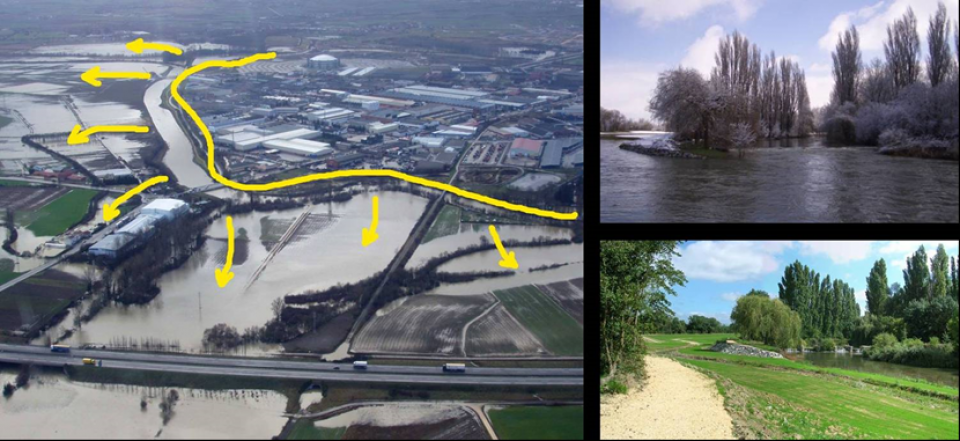
Vitoria-Gasteiz, Spain. Sub-project 1: "Salburua Wetlands": (61ha) located in the peri-urban area, 5 km from the city centre. Sub-project 2: Avenida Gasteiz. Area evaluated: 41,879.39 m2. It is one of the main axes of the inner green belt, characterised by private motorised transport, with numerous lines that divide and occupy parking space, preventing urban life.
Demonstrating the benefits of incorporating a network of green spaces in the urban planning. This multifunctional "green infrastructure" network supplies ecosystem services and benefits to the city.
- Evaluation and valorisation of the ecosystem services provided by urban green areas.
- Transformation and improvement of urban green elements.
- Boosting nature-based solutions towards climate change mitigation and adaptation.
Findings on the operationalisation of the ecosystem services concept and the demonstration of its benefits in urban planning and management are not considered spatially explicit. Hence, these findings can be easily benchmarked with other cities and pilot projects, providing:
- insights on the implementation of the methods and tools used, i.e. standardisations
- inputs to decision making and awareness based on the importance of ecosystem-based approaches, i.e. monitoring systems and strategies.
Wording is important: urban planners use Ecosystem Services approaches although they do not always talk about services or functions per se.~Need to design and plan with nature~Synergies and co-benefits from different ecosystem services and actions are crucial~Learning from past experiences is essential~
